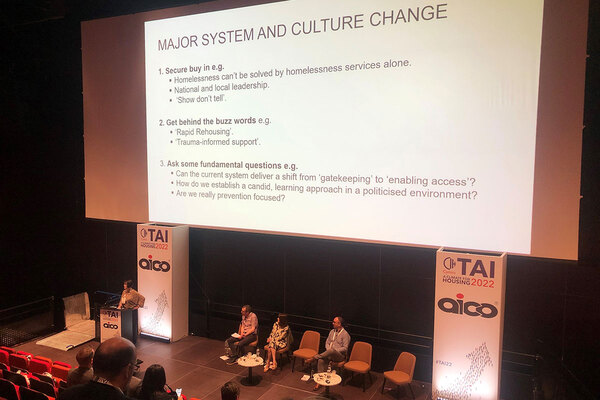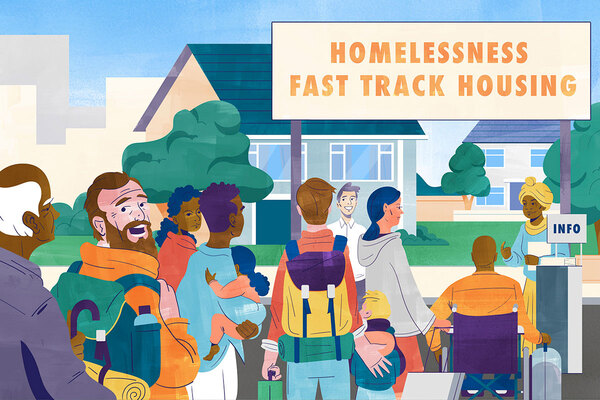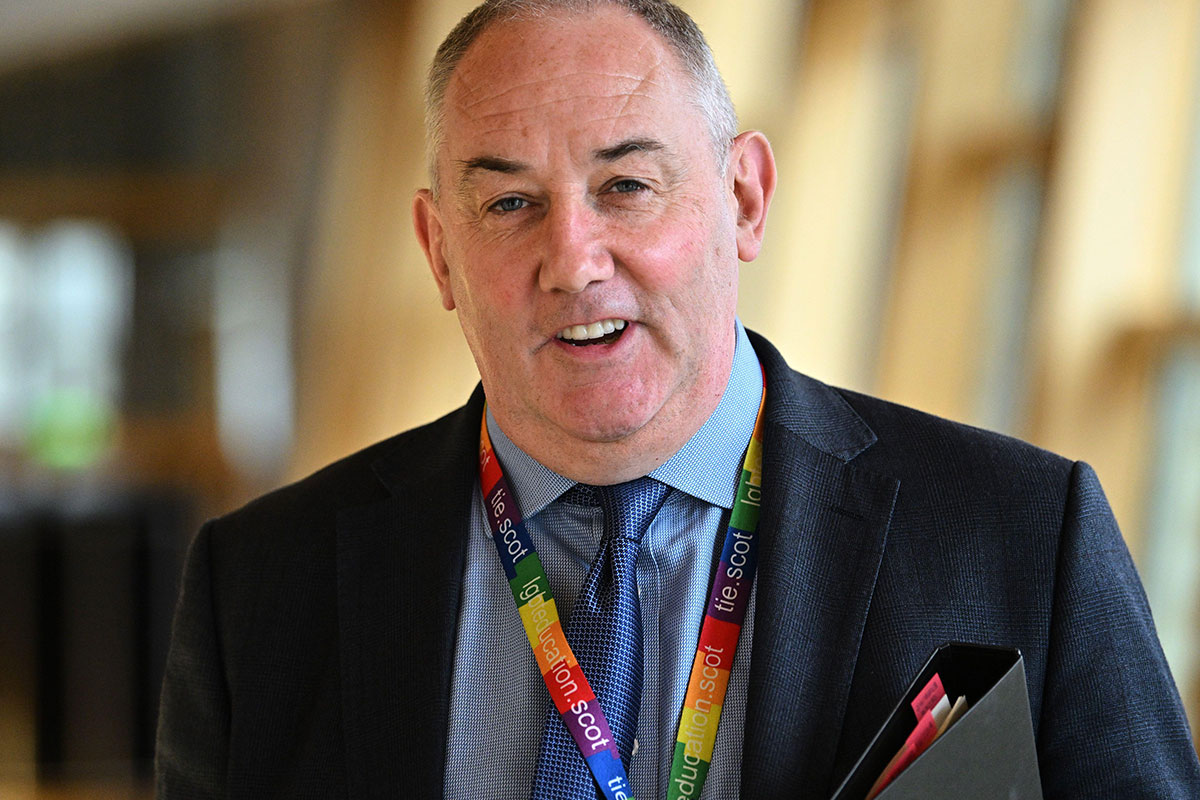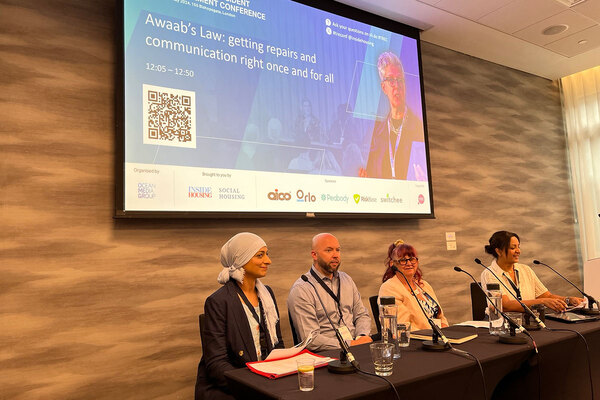You are viewing 1 of your 1 free articles
Rapid rehousing is a sign homelessness prevention has failed, says Welsh charity boss
Rapid rehousing “has some distance to travel” and is a sign that measures to prevent homelessness have failed, says the chief executive of Shelter Cymru.
Ruth Power, chief executive of Shelter Cymru, told the Chartered Institute of Housing Cymru’s annual conference, Tai, in Swansea on Wednesday that organisations needed to firefight less to prevent repeated homelessness.
“We need to remember that rapid rehousing is a sign that prevention has failed. So actually, it’s already pointing to a problem.
“And, for many people, there is a risk that rapid rehousing could be the starting line for a rapid cycle into repeated homelessness.”
In December 2021, Inside Housing reported how the policy of rapid rehousing, which aims to cut the amount of time homeless people are stuck in temporary accommodation, had been embraced in Wales.
It was central to recommendations made by the Welsh government’s Homelessness Action Group before the pandemic.
At the end of November last year, Julie James, the minister for climate change and housing, reaffirmed the Welsh government’s commitment to rapid rehousing when she launched the Ending Homelessness Action Plan and announced £30m of funding for local authorities.
“My priority now is to build on our successes to prevent homelessness and ensure that when it does [occur], it is rare, brief and unrepeated,” she said at the time.
But Ms Power had serious questions about the terms of the current ambition set out in the homelessness action plan.
“What’s going to be different next time in terms of trauma-informed support?” she asked. She questioned what was actually expected of different providers and when they were going to be in a position to deliver trauma-informed services.
She was joined on stage by Fran Beecher, chief executive of Llamau, a homelessness charity for young people and vulnerable women, and Nick Hudd, senior youth work practitioner at Pembrokeshire County Council.
Mr Hudd made an impassioned appeal for homelessness to be taught in schools instead of treating it like a subject to avoid.
“It’s almost like homelessness is a taboo subject, until we wait for them to experience it or know someone who does. Let’s get it out in the open. Let’s start these conversations.”
Mr Hudd said young people need to know about the issue so they can spot contributing factors and know where to go and get help.
Ms Beecher told delegates to hold their elected representatives to account for political choices around tackling homelessness.
“We need people to get angry. It is a political choice. It doesn’t have to happen. We know who these young people are. We know what’s happening. We know what services they need.”
Near the end of the discussion, Ms Power said it was time for housing to no longer be considered a source of income for a few.
Sign up for our Wales newsletter
New to Inside Housing? Click here to register and receive our Wales round-up straight to your inbox
Already have an account? Click here to manage your newsletters












